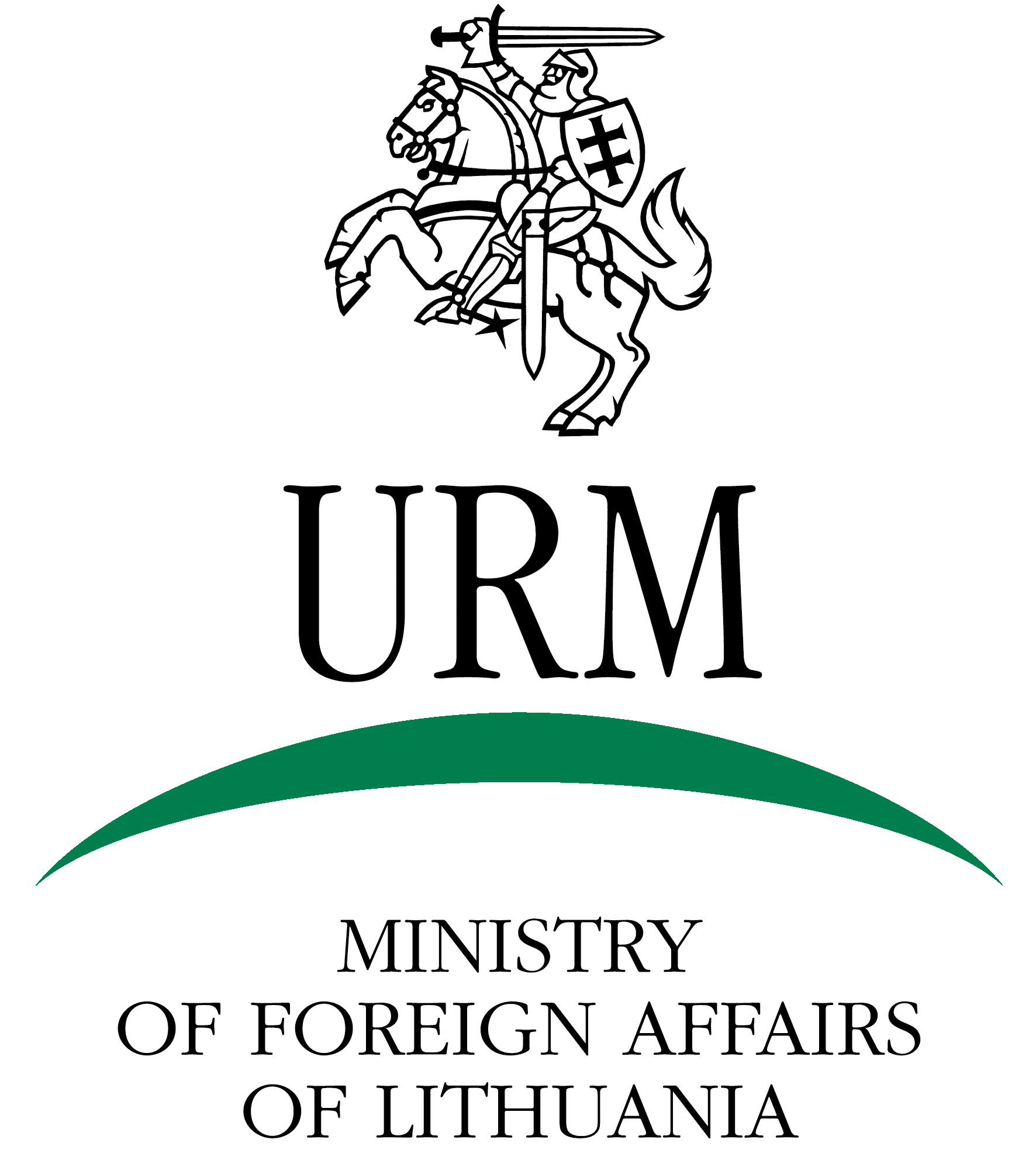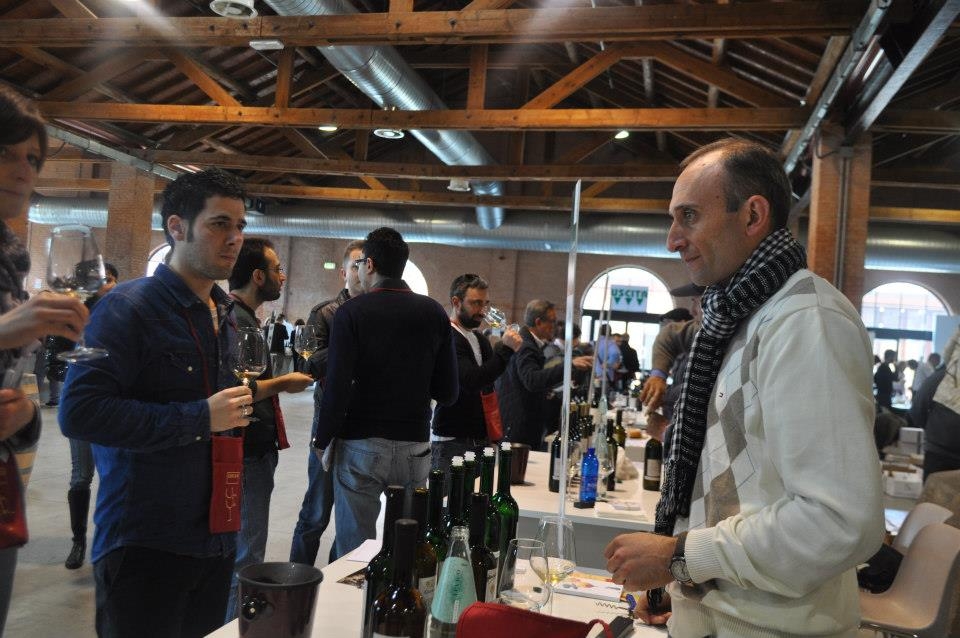Clusters and emerging industries in Europe

With the development of traditional industry in Europe, more and more attentions are paid to innovative and developing areas that make extensive use of modern technologies. In turn, these directions are influenced by the trends in the world today and push them towards development.
World trends are determined by human behavior. Today, in developed countries, it is especially important for people to save more time, get a customized service or product, take care of the environment and their own health.
Among the trends in the world, researchers distinguish the following areas:
|
Technological |
Social-political |
Environmental protection and smart economy |
|
automatization Mass personalization A data-driven world |
Globalization and Geopolitics Demographic changes |
Green and circular economics Urbanization and smart cities Smart mobility |
Source: EOCIC 2019
Among the world trends listed above, the following trends will have the greatest impact on emerging industries:
-Mass personalization, which means delivering personalized products and services to customers.
-Smart mobility, development of new transportation models that will have less negative impact on the environment.
-Green and circular economy, use of renewable resources in production.
A study prepared for the European Commission in 2019 has identified ten leading emerging industries in Europe that are considered important for the development of the European economy.

According to 2016 data, among the fields listed in Europe, tourism and the performing arts (16 million) and the creative industries (15 million) employed most people. The highest average annual salary is found in the biomedical (€ 50,800), creative (€ 48,300) and digital (€ 48,800) industries.
France stands out in Europe in terms of the number of employees in the tourism sector, followed by Italy and Spain. The production of biomedical products is most developed in West Germany, Belgium, Ireland and Israel. The number of employees in this sector is the lowest among all the listed industries (2.4 million), however, they are one of the most educated and productive part of the workforce.
As for the creative and digital industries, where employees have one of the highest salaries in Europe, it has grown the fastest compared to other industries in recent decades. The creative industry is developed in European capitals and large urban regions. Clusters in digital industry are concentrated in Austria, Germany, the Netherlands, Switzerland and the capitals of the Scandinavian countries. The role of clusters is particularly important in the development of the industries listed above because of the multi-sectoral connections.
An important factor for the emerging industry is the development of modern technologies, as a large part of these industries involve their intensive use.

Source: EOCIC
Western European and Scandinavian countries are distinguished in New and emerging technologies although, the Baltic countries are also in a leading position which indicates the rapid speed of their development.
In the future, we will discuss in more detail the role of clusters in the development of emerging industries, based on concrete examples, and will try to make connections between European experience and emerging trends in Georgia.
Author: Mariam saldadze
The article is prepared with the financial support of the Ministry of Foreign Affairs of Lithuania and "Development Cooperation and Democracy Promotion Programme."





































































